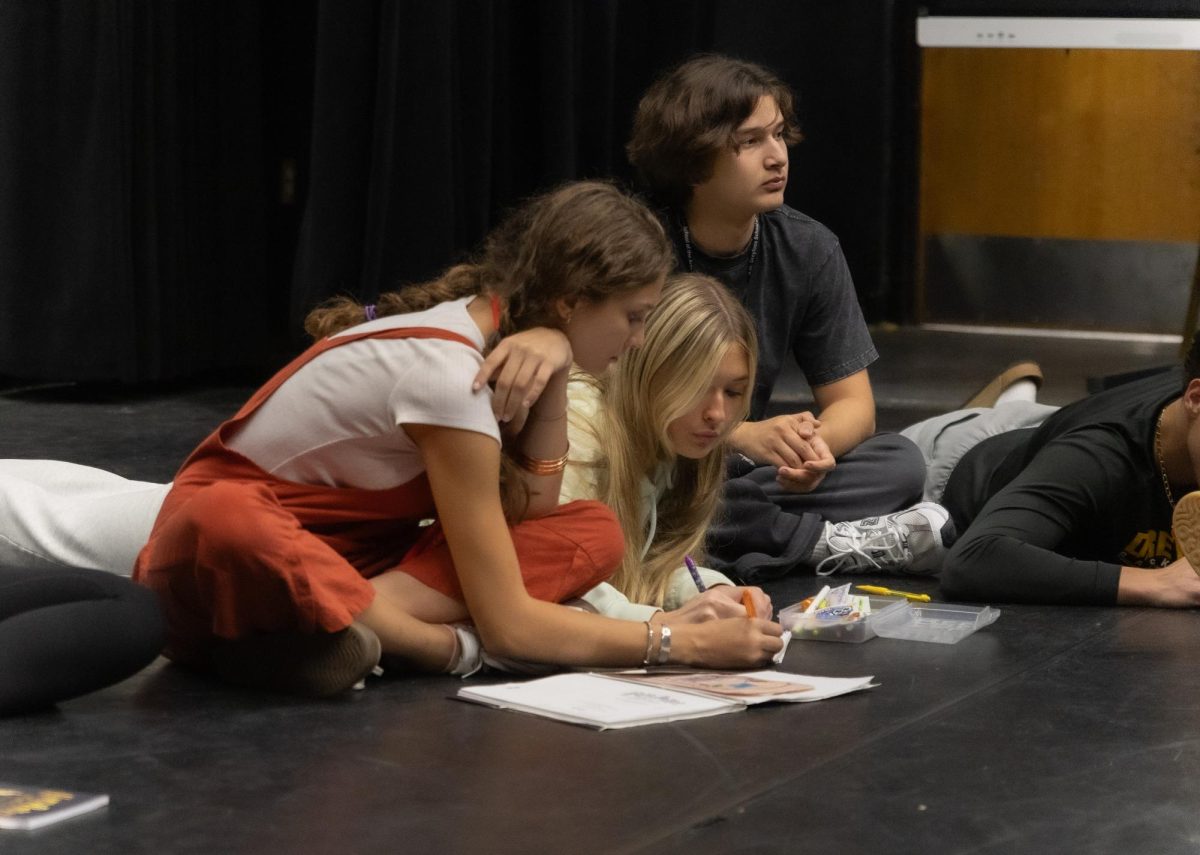April 20, 2014
As the SpaceX corporation launches its first rocket and NASA continues its Asteroid Initiative this week, some people can’t avoid being skeptical of the efforts. Why is it so important to explore and learn about space? I am of the personal belief that President John F. Kennedy started the space program simply because at the time, anything that Russia was attempting to do, the United States had to do more quickly and more efficiently. President Kennedy literally said, “We choose to go to the moon in this decade and do the other things, not because they are easy, but because they are hard, because that goal will serve to organize and measure the best of our energies and skills, because that challenge is one we are willing to accept, one we are unwilling to postpone, and one which we intend to win.” He wanted to show Nikita Khrushchev that he was way cooler. Still, what began as “The Space Race” evolved into an educational opportunity unlike any other.
The reasons behind space research that are most talked in politics about are scientific discovery, economic benefit, and national security. The latter two are smaller, more logical reasons for space exploration. Though it’s true that astronauts are able to conduct environmental, biomedical, and military research, areas which could bring the US monetary gain, they aren’t anyone’s answer to the question, “Why should we continue to fund space missions?”
Scientific discovery is a more obvious answer—but even it demands an explanation. Who cares if there is life on other planets, or what black holes are made of? It’s easy to make the point that maybe the billions of dollars that have gone into NASA and SpaceX and other programs could have been put to better use elsewhere—that purely physics l research, particularly in the fields of astrophysics or cosmology, has no real-world applications or uses. But the truth is that astronomy provides us with a definition of what the “real world” is. It shows the cosmic insignificance of our own society—a sobering fact that most of the human population does not recognize. We as a race are busy concerning ourselves with geopolitical happenings and the latest musical chart-toppers, when we are less than a speck in space and time. This realization is what I describe whenever I’m asked to defend the space cause. I believe that those of us looking only towards the Earth are the ones living a fantasy—while astronauts and astrophysicists are awake and looking around.























































